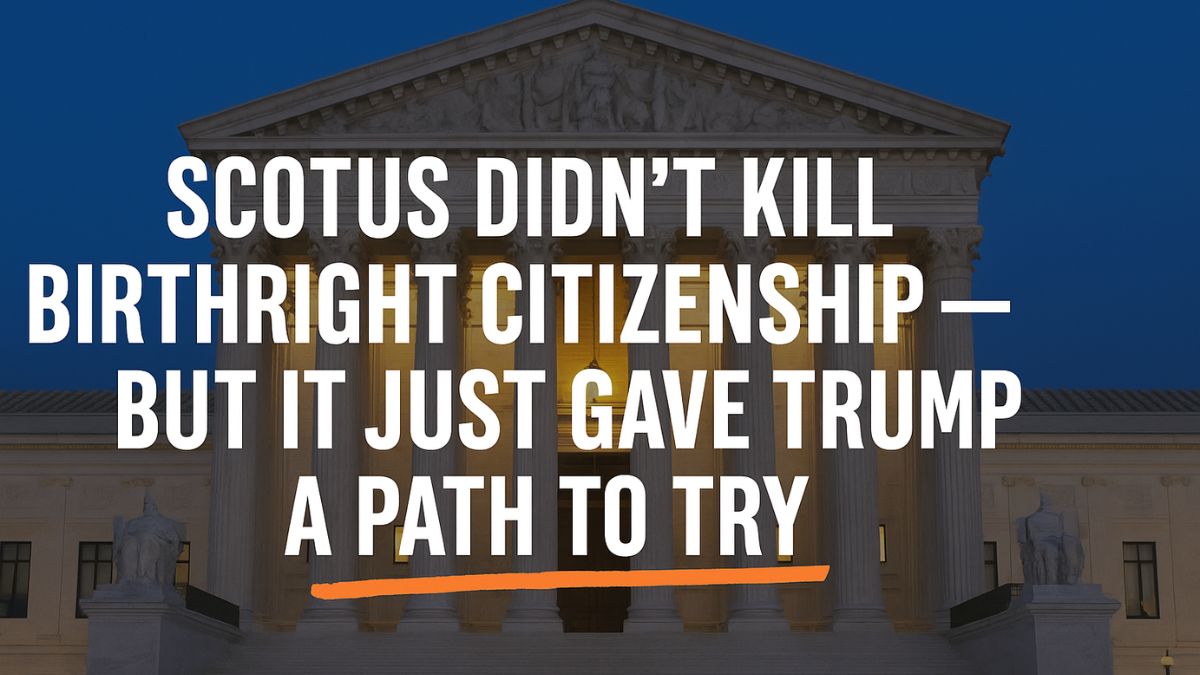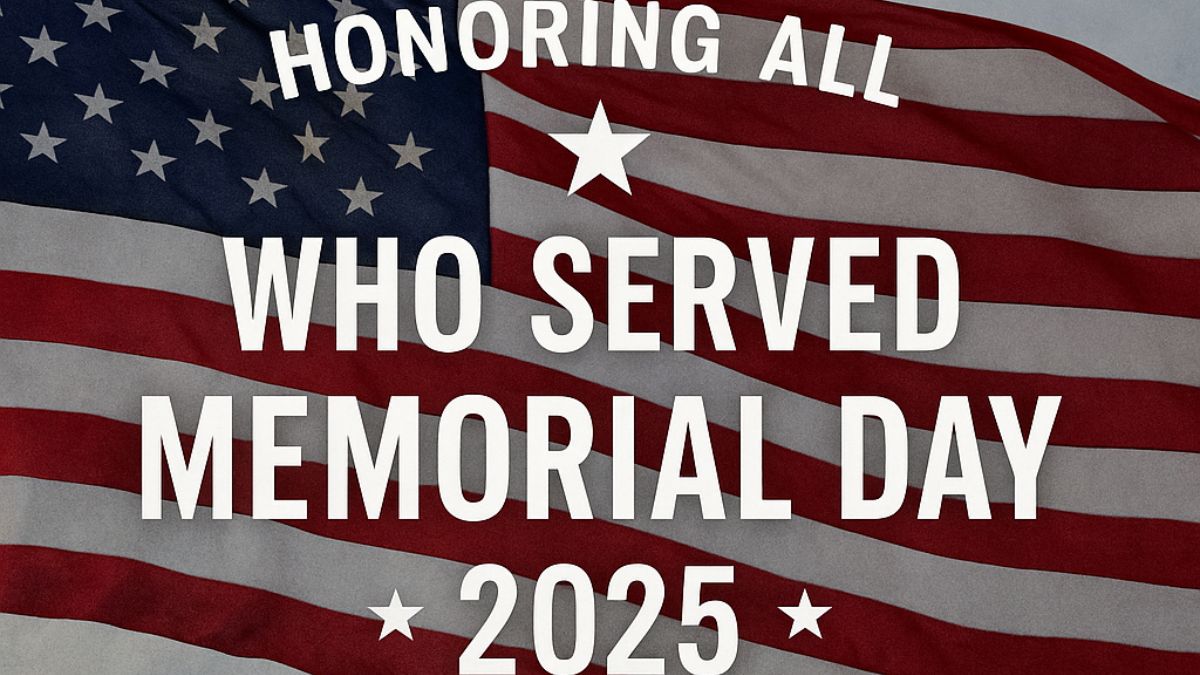New York: It was a decision that flew under the radar for many—but it could shape the future of who gets to be an American. On June 27, 2025, the U.S. Supreme Court ruled in a case that began with Donald Trump’s controversial executive order attempting to end birthright citizenship for children of undocumented immigrants. The Court didn’t directly address whether that order was constitutional. Instead, it quietly redrew the rules about how courts can block federal policies.
By curbing the power of lower courts to issue nationwide injunctions (blanket orders that stop a law or policy across the entire country), the ruling opens the door for Trump’s citizenship order to be enforced in some states but not others. That means where you’re born could now impact whether you’re recognized as a U.S. citizen at birth.
And while the 14th Amendment still stands, the high court just gave future presidents and federal agencies a more direct route to test, stretch, or even undo one of the oldest guarantees in American law. Here’s what the ruling means, what it doesn’t, and why the battle for birthright citizenship is far from over.
Also Read: When “Let’s Die Together” Became a Trap: Inside the Twitter Killer Case
What Was the Trump Executive Order on Birthright Citizenship?
On January 20, 2025—his first day back in office—Trump signed Executive Order 14160, declaring that children born in the U.S. to undocumented immigrants or temporary visa holders would not automatically be granted citizenship. The order challenged long-standing interpretations of the 14th Amendment, specifically the “subject to the jurisdiction thereof” clause.
Civil rights groups and immigrant advocacy organizations immediately filed lawsuits. Multiple district courts, including those in Massachusetts, Maryland, and Washington, blocked the executive order with nationwide injunctions.
The Supreme Court Didn’t Rule on the 14th Amendment—Yet
Many expected the justices to weigh in on the constitutional question: Does the 14th Amendment guarantee citizenship to everyone born on U.S. soil? But the Court sidestepped that issue. Instead, it focused on whether district courts can block federal policies on a national scale.
In a 6–3 ruling written by Justice Amy Coney Barrett, the Court said lower courts must limit injunctions to the actual plaintiffs involved in a case. In other words, courts can stop a policy for the people who sued, but not for the whole country.
What This Ruling Changes
- No more blanket blocks: District judges can no longer halt a federal rule across the entire nation. That power has been scaled back.
- Policy patchwork: Trump’s executive order may now be enforceable in states not covered by the original lawsuits.
- Judicial power curbed: This ruling marks a significant shift in how much lower courts can influence national policy.
What Stays the Same (For Now)
- 14th Amendment rights: The right to citizenship by birth still stands as law. That question hasn’t been ruled unconstitutional.
- Blocked in key states: Trump’s order is still blocked in the states where courts originally issued injunctions.
- Further legal challenges coming: More cases will now move forward in other federal districts. The core question is still alive.
What Legal Experts Are Saying
“This is a process ruling, not a substantive one,” said a legal analyst. “The court didn’t say Trump’s order was legal or illegal. It just limited how and where challenges to it can be enforced.”
Civil rights groups expressed concern: “By narrowing the reach of court orders, SCOTUS may be enabling selective enforcement of unconstitutional policies,” said a spokesperson from the ACLU.
What Could Happen Next
- More lawsuits: Activists will file suits in new jurisdictions to block the policy where it hasn’t been halted.
- Appeals: As different courts rule in different ways, the issue could come back to the Supreme Court in 2026.
- Potential for a full reversal: If a conservative lower court upholds the Trump order, it may challenge the definition of U.S. citizenship as we know it.
Why This Matters
For more than a century, birthright citizenship has been the backbone of American identity. It ensures that every child born on U.S. soil starts with equal legal footing, regardless of their parents’ immigration status. Now, that protection is being tested in courtrooms around the country.
While SCOTUS didn’t strike it down this time, it cleared the runway for future administrations to try again. And that makes this more than just a court ruling—it’s a signal. A shift. A warning shot in a larger legal war over who gets to call America home.







